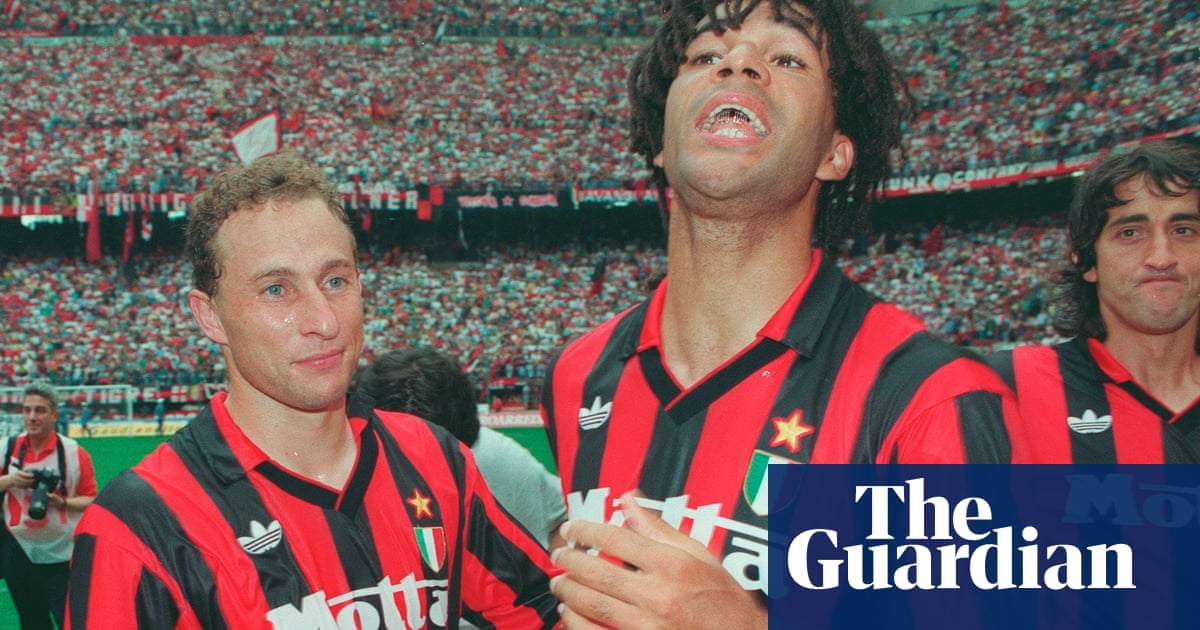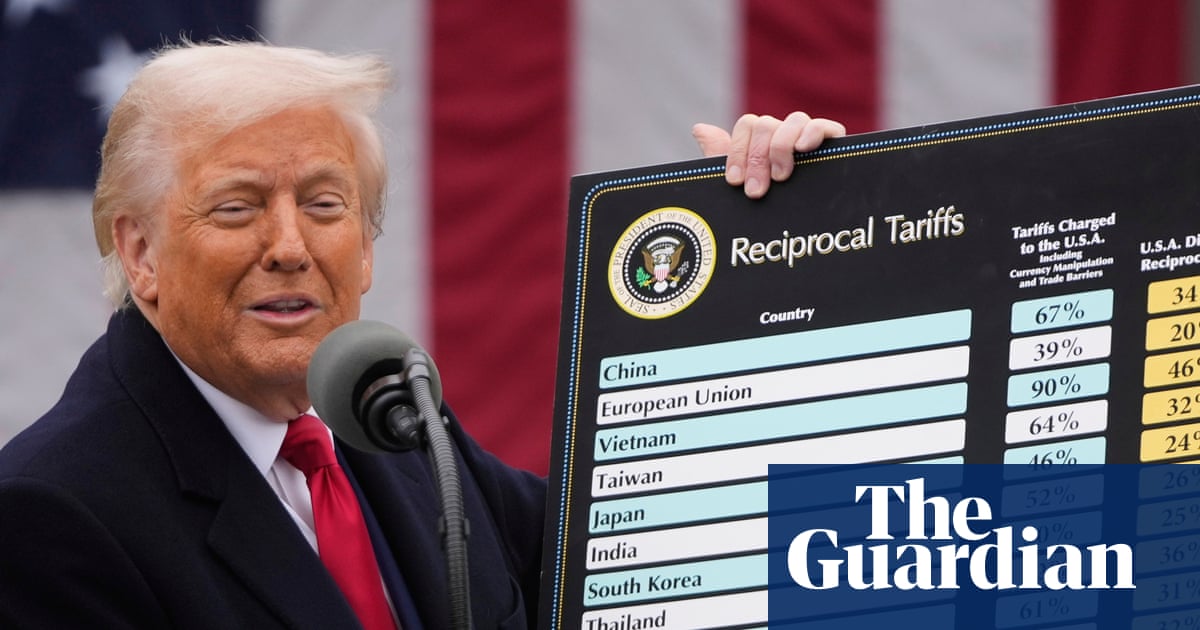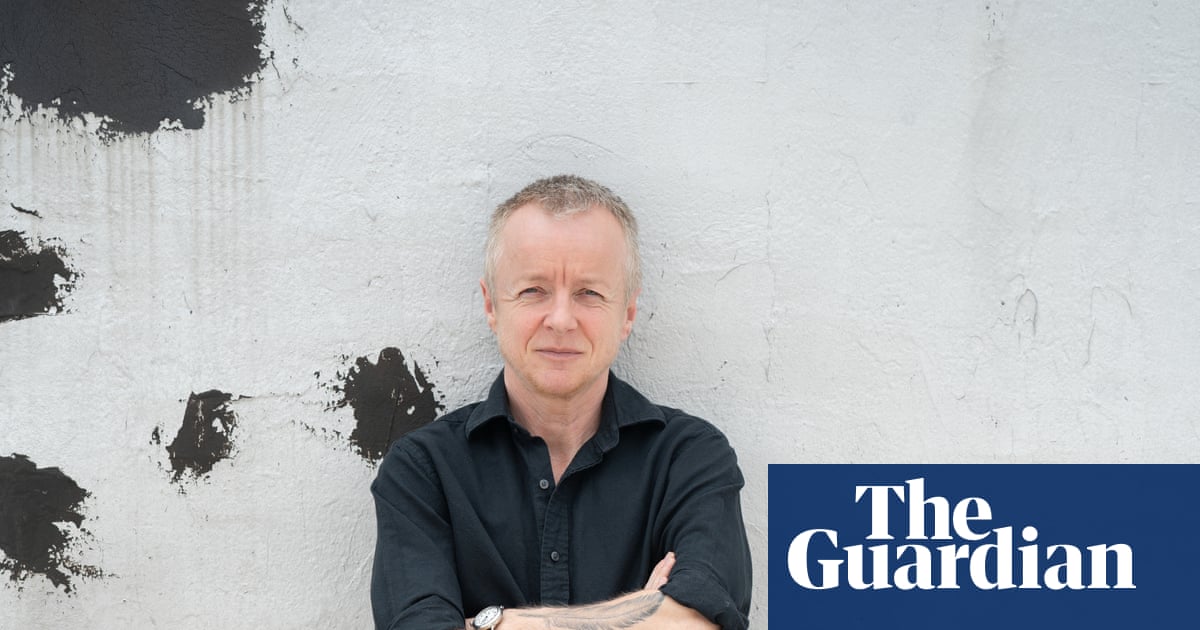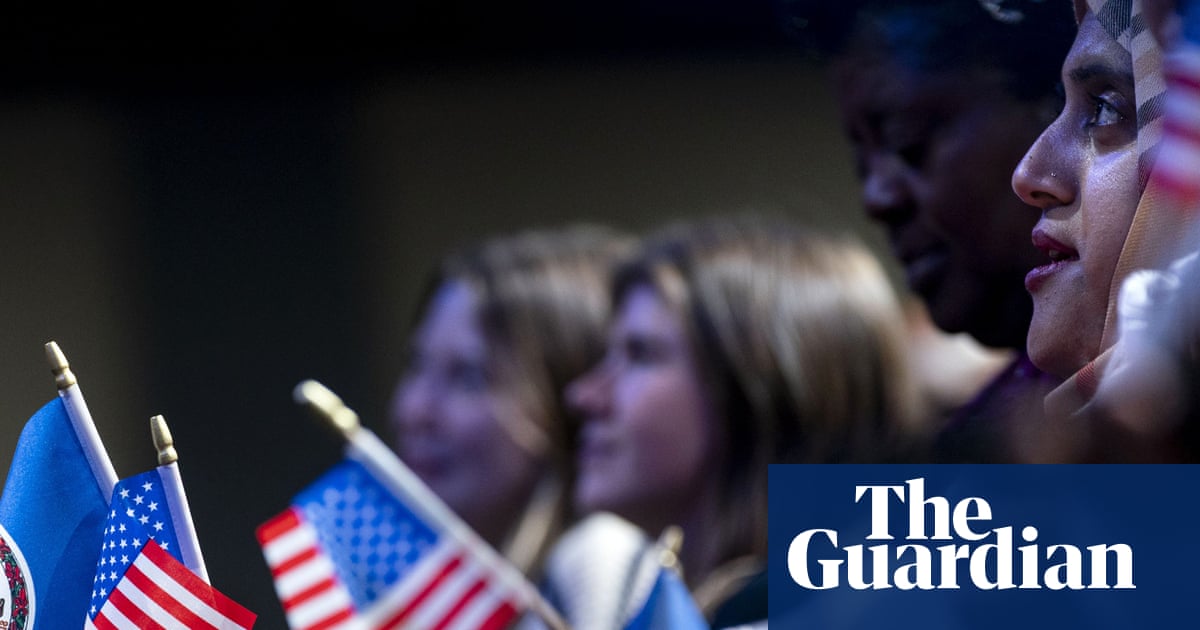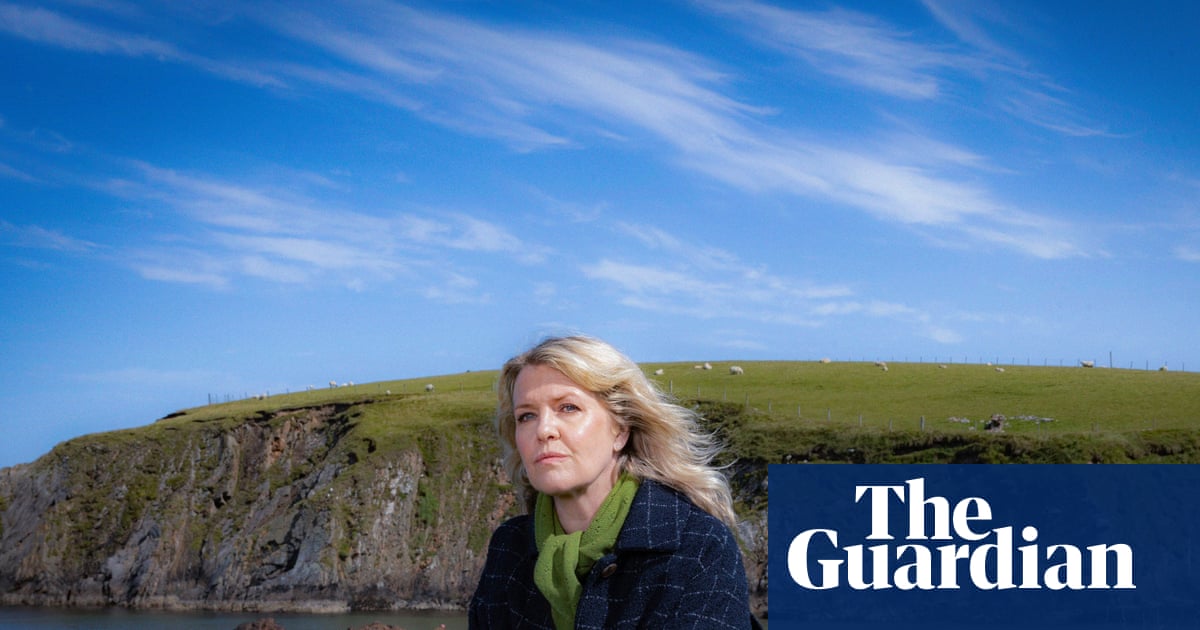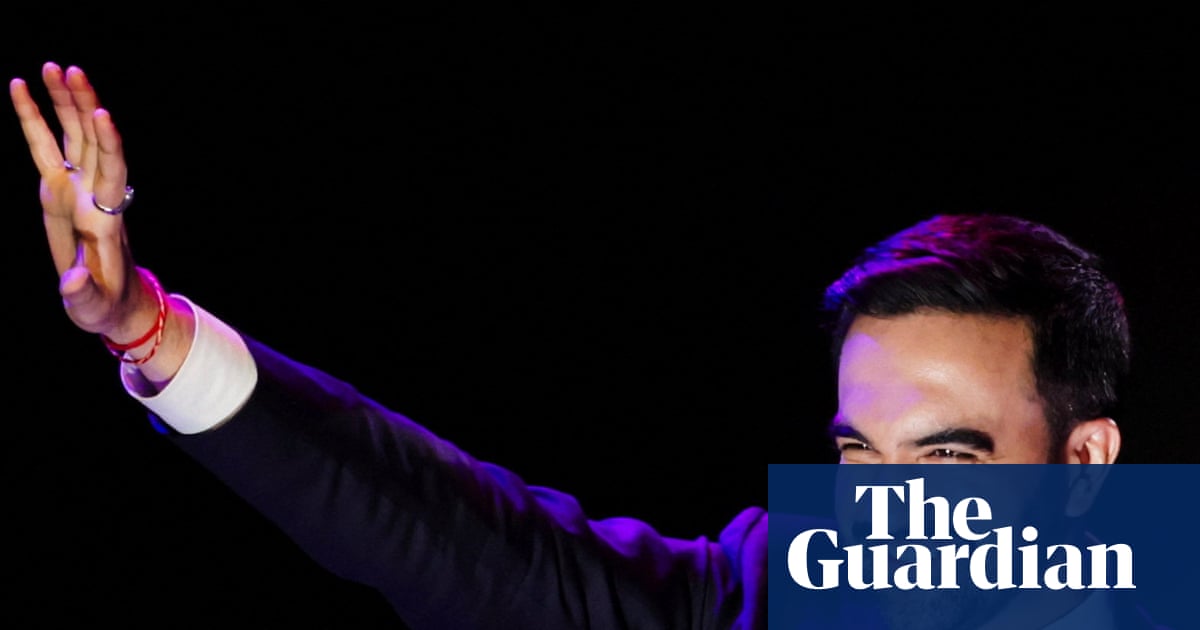This is a play about the making of a play in a time of war. The latter is Anton Chekhov’s The Seagull, and a fictional director, based on a real-life director, is producing it when Russia declares war on Ukraine. If that sounds like meta leaps within somersaults, Russian director Alexander Molochnikov does a heroic job of making it enjoyable, if antic.
It begins with rehearsals at the Moscow Art theatre and travels to New York where fictional director Kon (Daniel Boyd), loosely based on Molochnikov, lives in exile after his public criticism of Putin’s war.
The stronger first act powerfully reflects on the role and responsibility of theatre to voice protest, albeit too briefly. There is initial disbelief among the company of actors, then trauma, guilt and anger. Chekhov’s play itself transposes well in its preoccupations around artists and artistic creation.
Kon carries shades of Chekhov’s Konstantin, not least because of his relationship with his mother (Ingeborga Dapkūnaitė), who also plays Arkadina, the actor-mother in Chekhov’s play. She initially tries to persuade him to apologise to the government and resume his life as a director in Russia. He refuses, meeting bohemian actor Nico (Stella Baker) in New York and experiencing his own Seagull-style tortured love story. These meta convolutions are made easy to follow with the help of MC cum narrator (Andrey Burkovskiy, very charismatic).
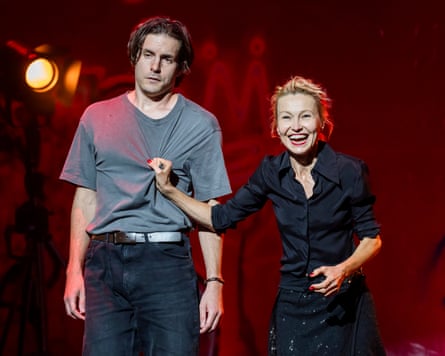
There are dressing room lightbulbs around the proscenium arch and Alexander Shishkin’s set is surrealist, playful and innovative. The production as a whole, arriving from a season Off-Broadway, fizzes with imagination and high-octane energy – pumping beats, rap and arresting visuals. There is a fabulous dream sequence with Putin arriving shirtless on a horse, one actor swishing its tail.
But it is exactly this playful whimsy that dilutes the focus and comes to feel self-indulgent. The switches from drama to satire do not quite work either, especially when Kon arrives in the US and finds his creative vision straitjacketed again, this time by commercialism. Again this reflects Konstantin’s original war against his mother’s commercial sensibilities, but it also sets up a kind of false equivalence between creative freedoms in the US and Russia. It also takes us further away from questions around dangerous dissidence and how artists live – and work – through a war.
The play is, in a sense, undone by its own cleverness and determination to speak about everything at once – Chekhov, autobiography, Russia and the US’s confines around creativity. But Molochnikov raises important questions around the cost of conscientious objection that go beyond Putin’s war, and apply, ever disturbingly, closer to home. What action do you take when a war is fought in your name and when various kinds of protest around it become outlawed? What action can a theatre take? These questions linger.

 1 month ago
96
1 month ago
96
